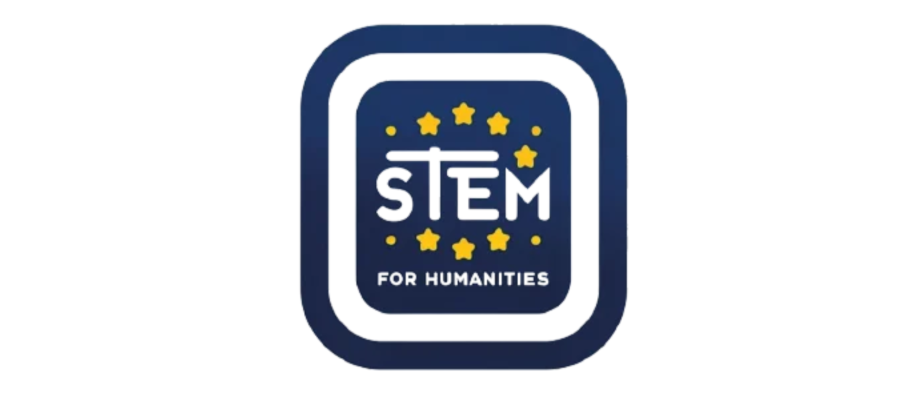
As part of the EU-funded STEM4Humanities Erasmus+ Capacity Building in Higher Education project, Mykolas Romeris University (MRU) has made a step toward academic innovation with the recent implementation of a STEM-focused mini-course tailored for humanities professors. Designed to foster the integration of STEM (science, technology, engineering, and mathematics) into traditional humanities disciplines, the course brought together 10 professors - linguists/philologists and legal scholars - for an immersive, interdisciplinary learning experience.
A Curriculum Rooted in Innovation
The mini-course, was composed of five structured modules that gradually introduced general and specific STEM knowledge, enabling professors to think critically about how these concepts could enrich their teaching methods and subject matter. The modules included:
- Introduction to STEM for Humanities – An overview of how STEM thinking can support analytical, linguistic, and legal reasoning.
- Computational Thinking and Data Analysis in Humanities – A comprehensive discussion on practical applications in humanities research, such as text analysis, corpus analysis, and large dataset interpretation and their relevance for humanities education.
- Developing STEM pedagogies for Humanities – Strategies and methodologies for helping students in humanities acquire valuable STEM competencies.
- Generative AI and Other STEM Tools for Humanities – Practical training in using emerging technologies like AI to enhance teaching.
- Summing Up: Evaluation and Self-Evaluation – A session devoted to reflective practice, allowing participants to assess both their learning progress and the course’s effectiveness.
Dynamic Learning Formats and Collaborative Exchange
In keeping with the pedagogical methods being taught, the course itself employed a mix of instructional strategies. Professors engaged in group discussions, sub-group activities, and individual tasks, mirroring the student-centered learning models explored in the course.
The sub-group sessions, organized through Teams, allowed participants to split into specialized working groups to focus on how STEM principles could be specifically tailored and applied within their respective disciplines. This approach created space for targeted dialogue and the exchange of discipline-specific strategies for implementing STEM-based instruction.
A Culture of Reflection and Integration
Each of the first four modules concluded with built-in evaluation sessions, encouraging professors to reflect on what they had learned and how they could apply it in their own academic contexts. The fifth module served as a culmination of the entire course, emphasizing evaluation and self-evaluation, and prompting participants to assess both individual learning outcomes and broader curriculum development possibilities.
This structured reflection ensured that the professors were not only absorbing information but actively shaping their understanding of interdisciplinary education through critical thought and peer collaboration.
Looking Ahead
MRU STEM mini-course for humanities professors is a promising model for cross-disciplinary innovation in higher education. By equipping faculty with the tools to merge STEM and humanities, the university is paving the way for a richer, more versatile academic environment—one where analytical rigor and creative thinking coexist to meet the challenges of modern education.
The program’s success underscores MRU commitment to educational excellence and positions it as a regional leader in progressive curriculum development. Future phases of the STEM4Humanities project will continue to build on this momentum, empowering educators to rethink the boundaries of their disciplines.
Project funded by the European Union - STEM Skills for Humanities, ERASMUS+ K220 project, no-2023-1-IT02-KA220-HED-000164647